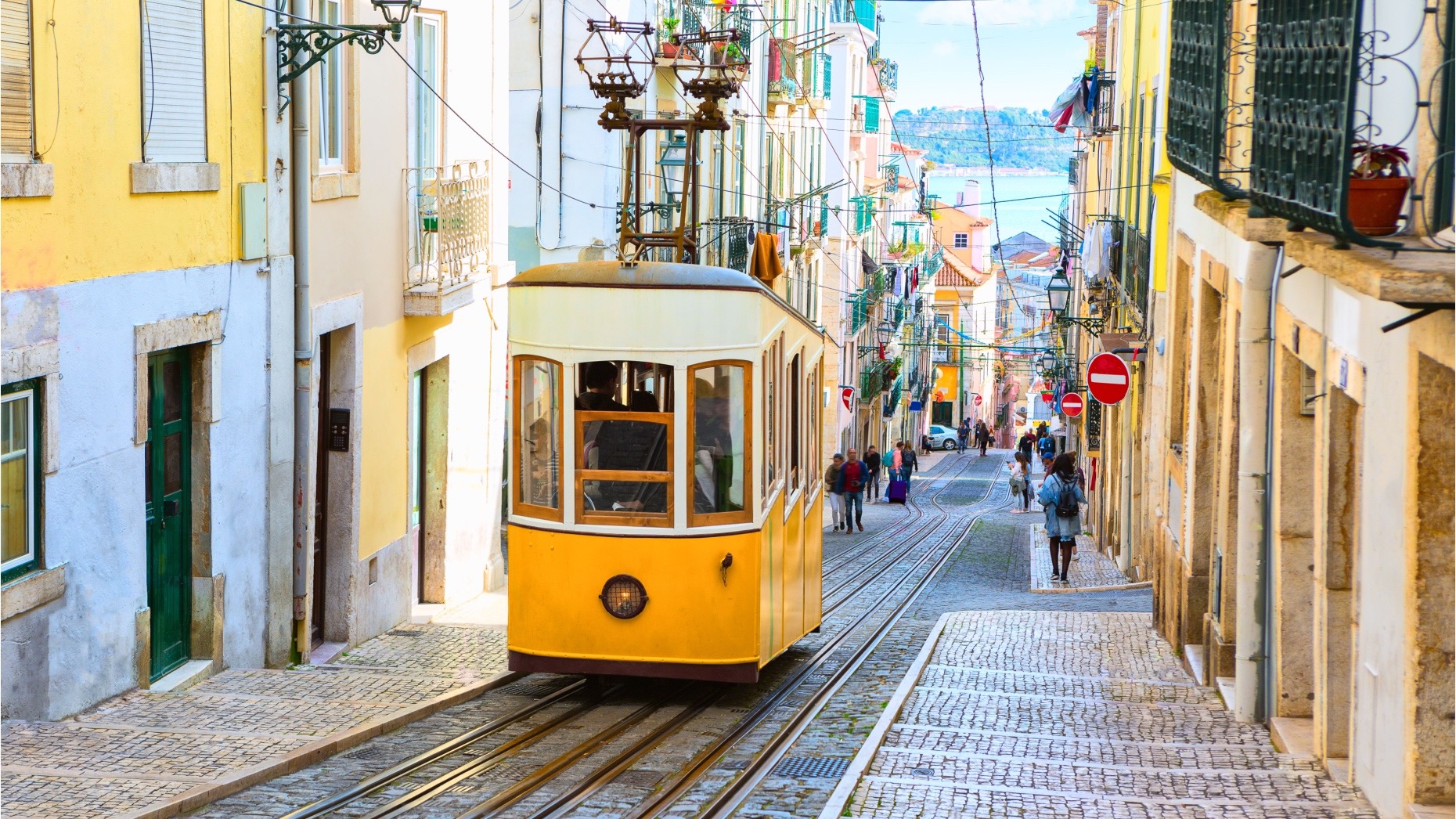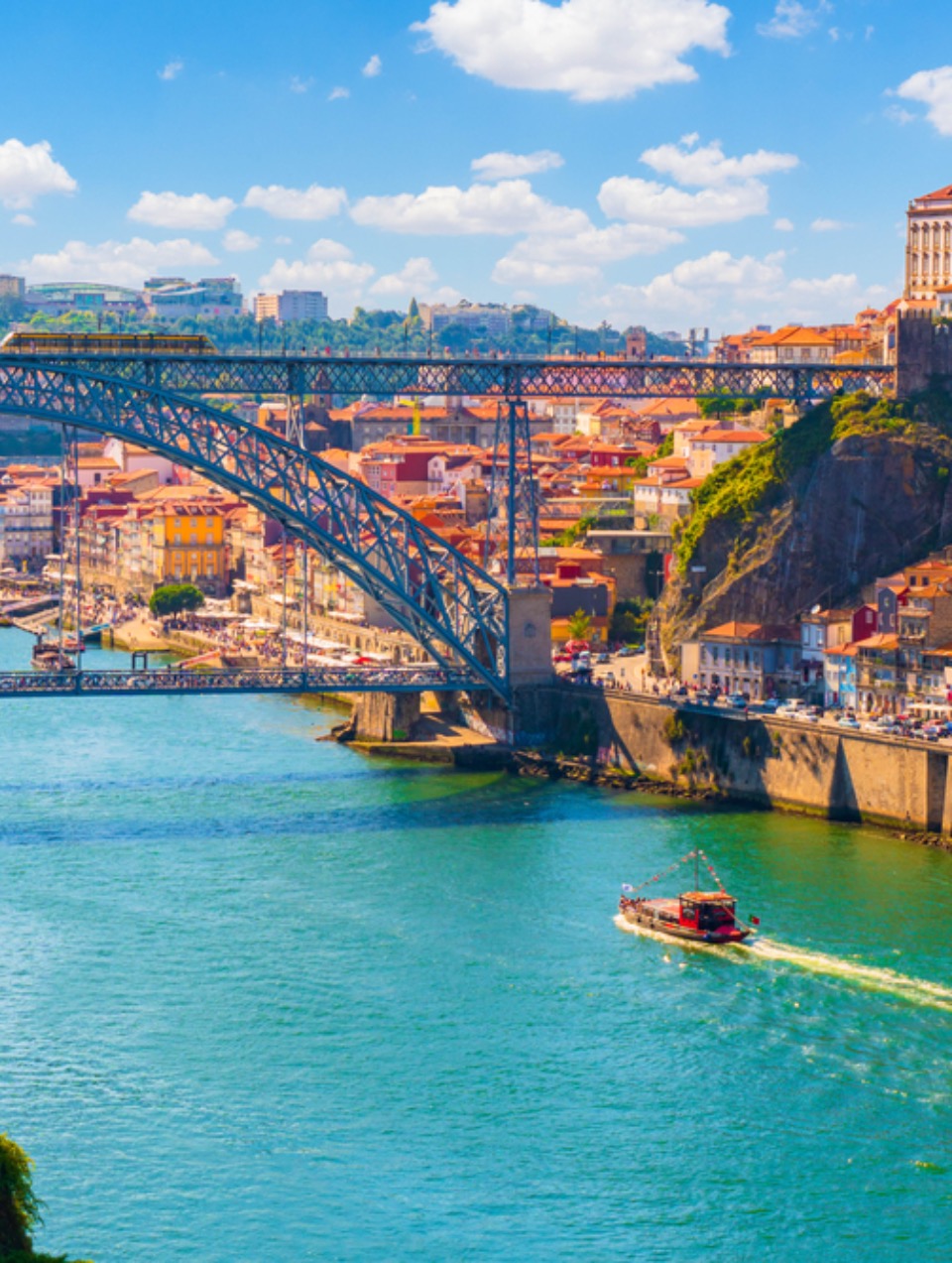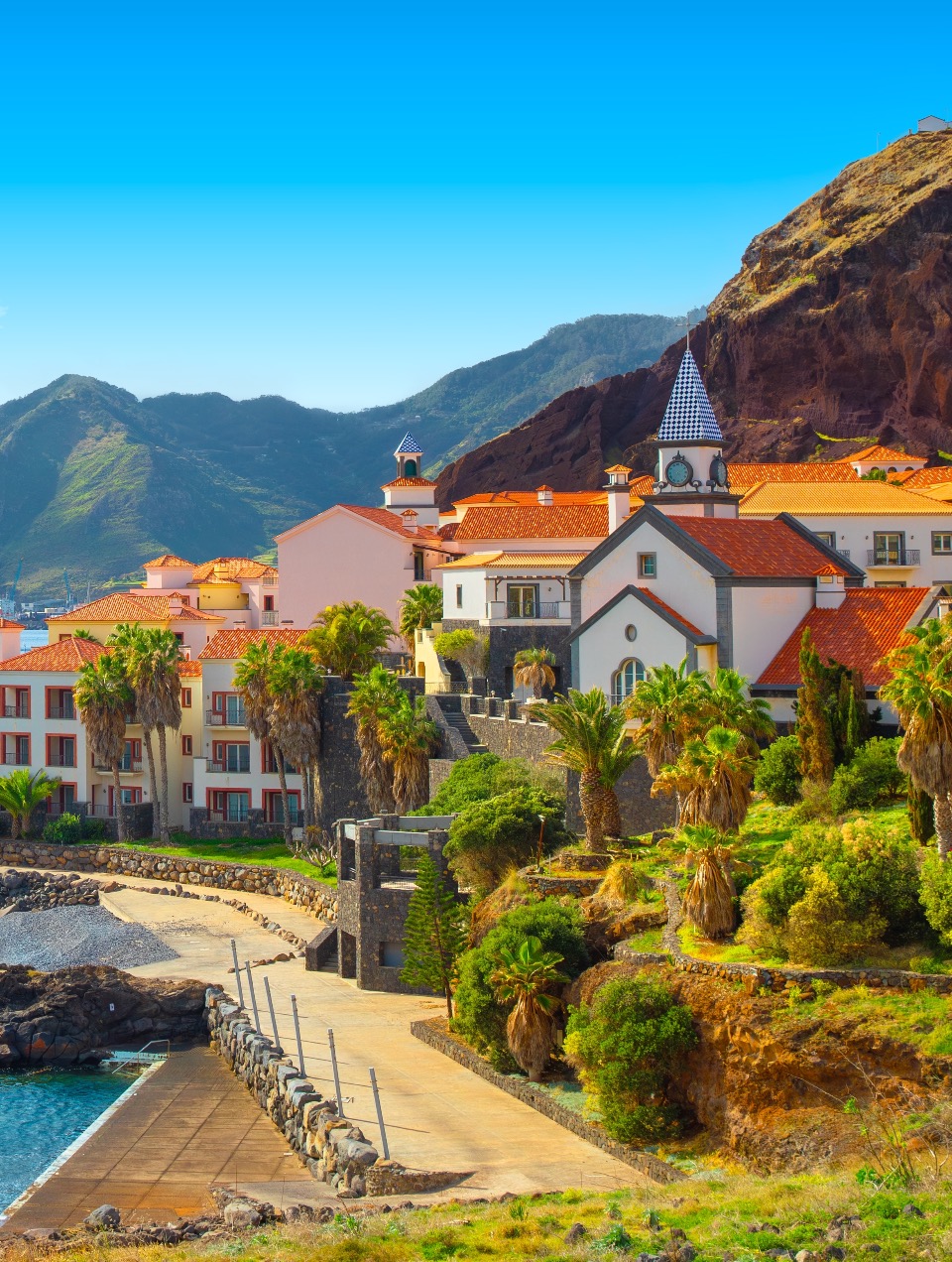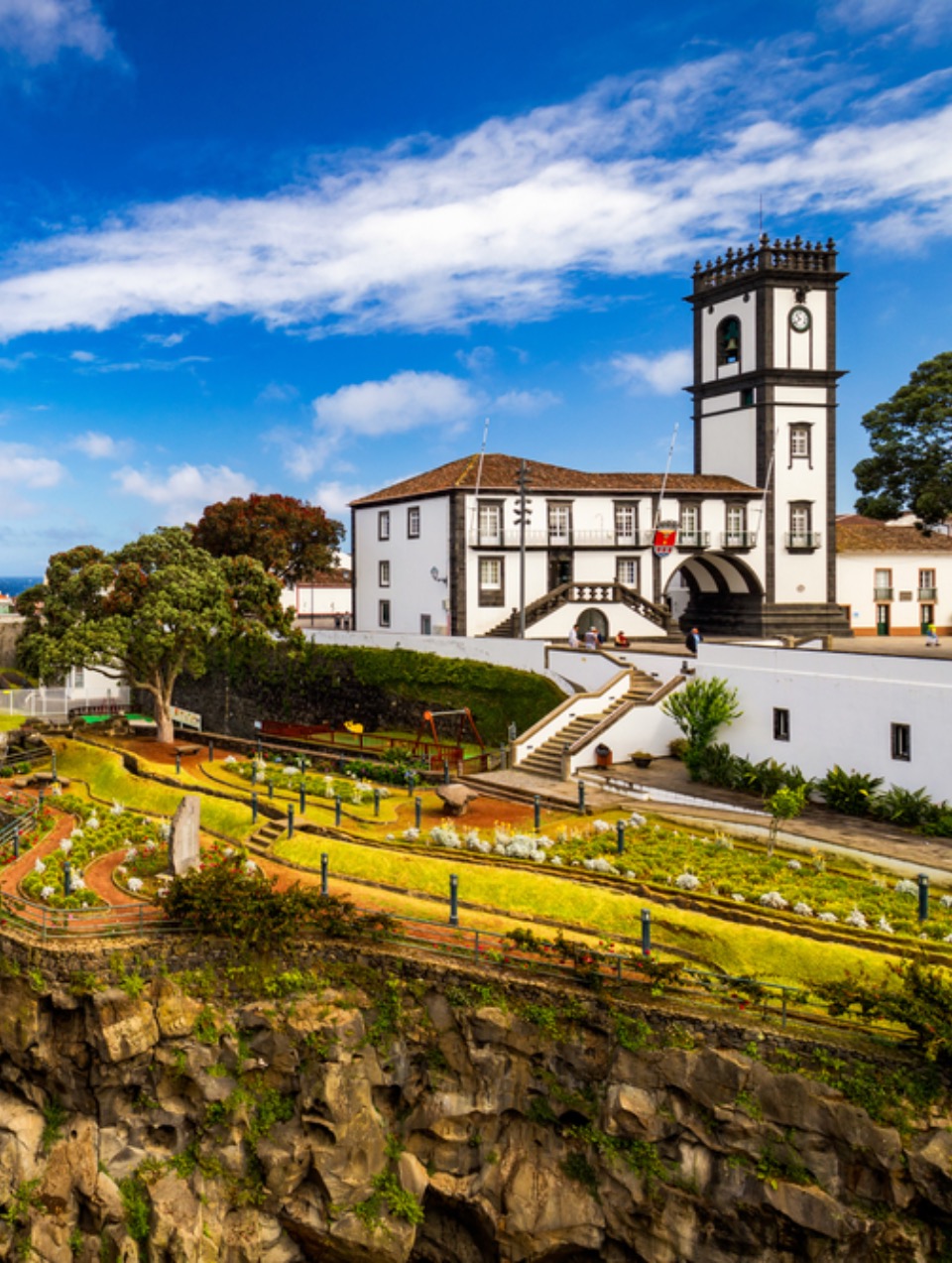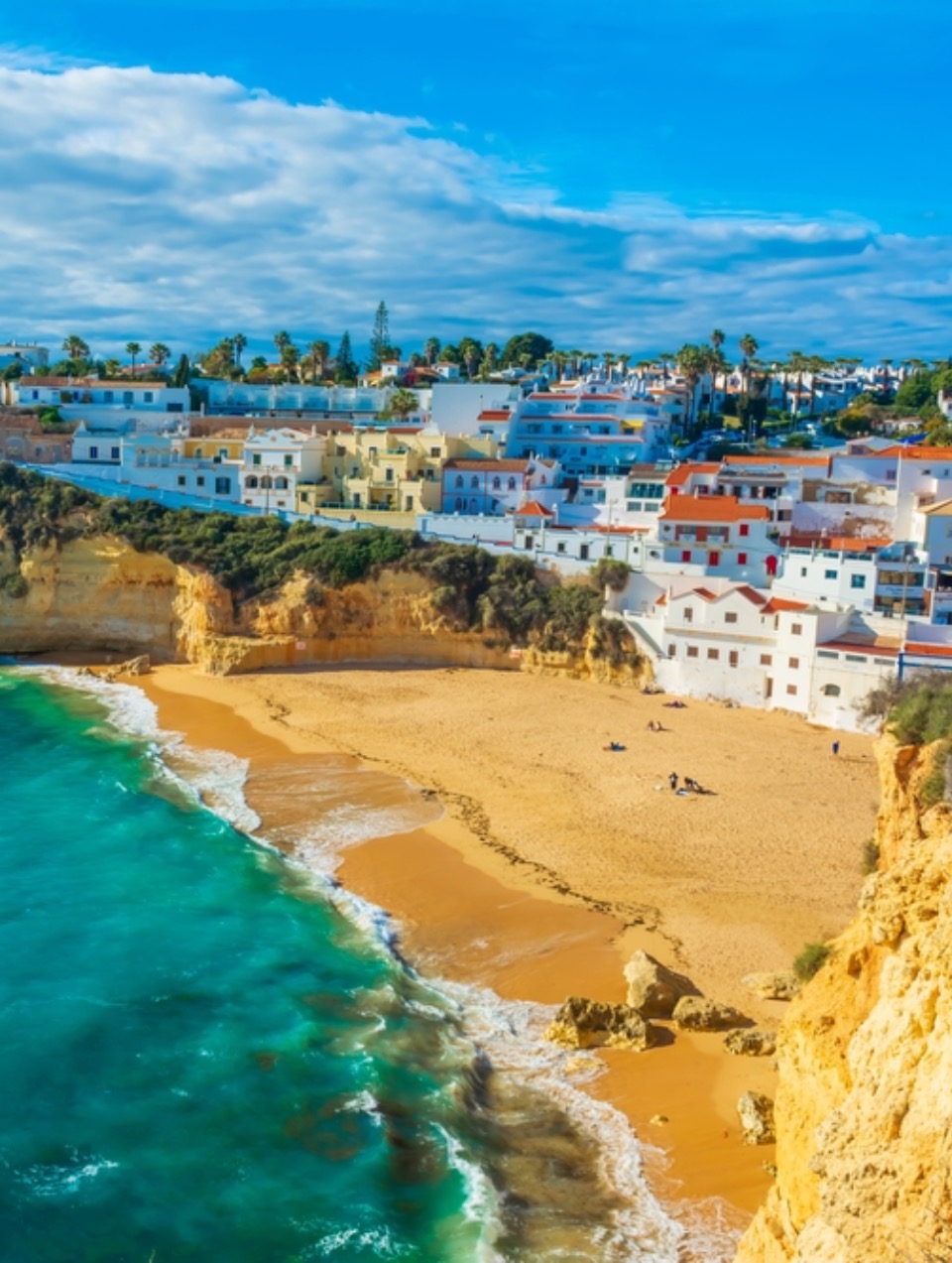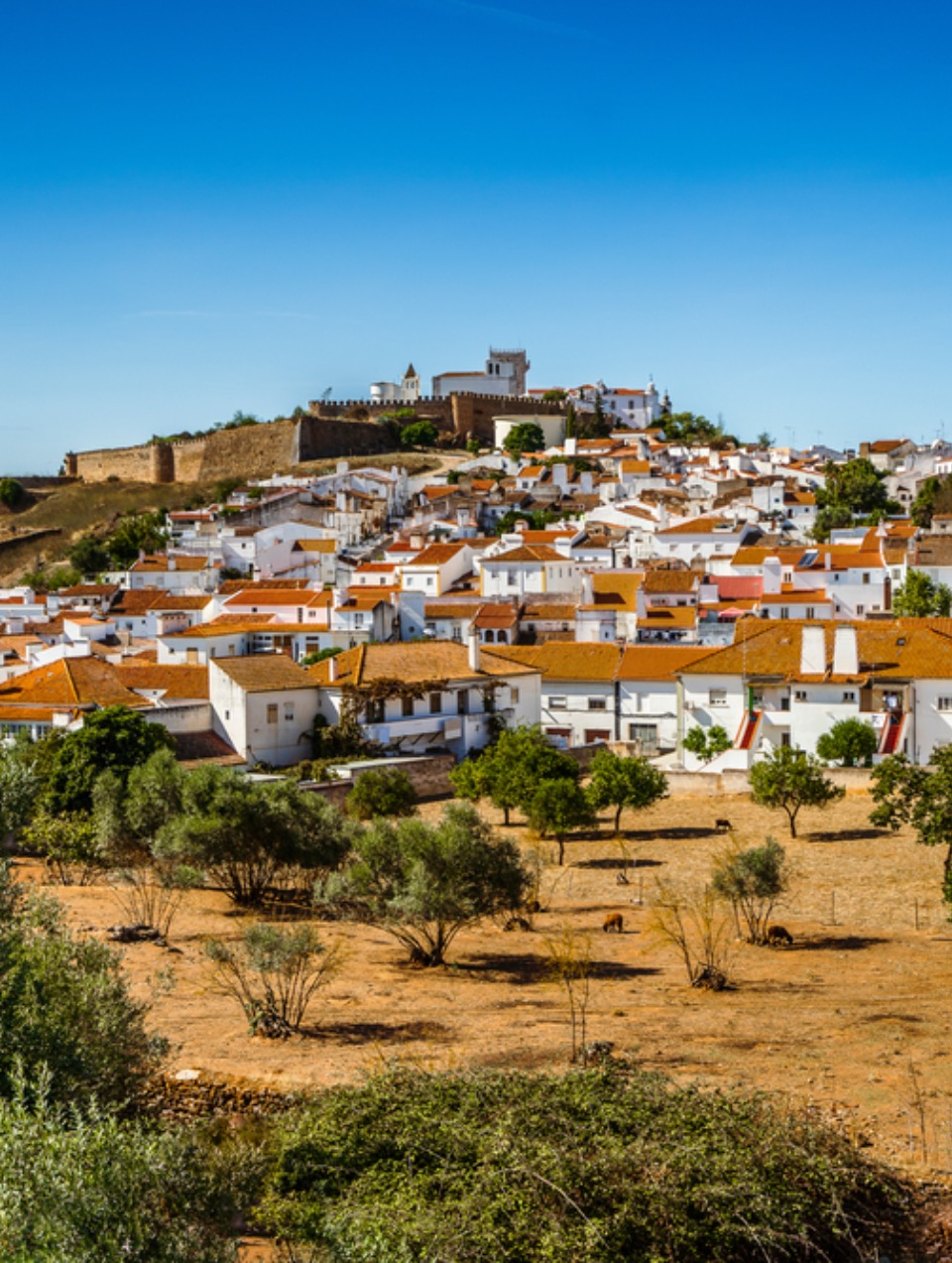Where is the best place to live in Portugal?
Can you guess the best place to live in Portugal? Portugal is a very diverse country, so there is no right or wrong answer to this question. It depends a lot on your personal circumstances and lifestyle.
In addition to mainland Portugal, the country has two autonomous regions, both archipelagos: the Autonomous Region of Madeira and the Autonomous Region of the Azores.
Choosing where to live in Portugal: north or south, coast or inland?
If you’re considering living in Portugal, know that the Portuguese mainland is characterized by contrasting and diverse landscapes.
Firstly, there is a notable difference between the north and south of the country. Northern Portugal is more mountainous, with more forests and rivers, and in winter it's a little colder (especially in the northern interior). Historically, it has more Celtic, Galician, and Germanic influences.
Conversely, the south of Portugal, especially the Algarve region, is sunnier and drier, less mountainous, and attracts more tourism, being famed for its beaches. In the south, there are more historical influences of Muslim origin.
We can also differentiate between the coast and the interior: cities on the coast are larger, more populous, and have bigger labor markets than their inland counterparts. Most companies are concentrated on the coast. Housing and living costs are more expensive.
The interior of Portugal contains cities that generally have fewer inhabitants, with more limited labor markets, a more peaceful lifestyle, and a lower cost of living.
Portugal has two Autonomous Regions: The Azores and Madeira. Madeira is located in the Atlantic Ocean, about 1,000 kilometers from mainland Portugal. It has a warm climate, a mountainous geography, and is famous for its stunning natural landscapes.
The Azores are an archipelago located in the middle of the Atlantic Ocean, 1,400 kilometers from Lisbon. These islands have a moderate climate that is often rainy and cloudy. Each island in the Azores has unique characteristics and landscapes that are worth visiting.

